Sir Keir Starmer has welcomed the “departure” of Bashar al Assad as leader of Syria.
Mr Assad has left office and the country after giving orders for there to be a peaceful transfer of power, the Russian foreign ministry said in a statement on Sunday.
It followed a lightning offensive by anti-regime forces, with rebels entering Damascus last night.
In a statement, the UK’s prime minister said: “The developments in Syria in recent hours and days are unprecedented, and we are speaking to our partners in the region and monitoring the situation closely.
“The Syrian people have suffered under Assad’s barbaric regime for too long and we welcome his departure.
“Our focus is now on ensuring a political solution prevails, and peace and stability is restored.
“We call on all sides to protect civilians and minorities and ensure essential aid can reach the most vulnerable in the coming hours and days.”
Politics latest: Deputy PM responds to Assad’s fall
Speaking to Sunday Morning With Trevor Phillips earlier today, Deputy Prime Minister Angela Rayner said: “Well, the situation looks very serious and if the Assad regime has fallen, then I welcome that news.
“But what we need to see is a political resolution in line with the UN resolutions. And we need to see civilians and infrastructure protected.
“Far too many people have lost their lives – we need stability in that region.”
President Assad has fled Syria according to multiple reports, following a rebel advance that saw his power evaporate in less than a fortnight.
The rebels, made up of various opposition groups but led by a one which has its origins in al Qaeda, said this morning they are continuing work to complete the transfer of power in Syria to a transitional governing body with full executive powers.
Ms Rayner added: “If Assad has fallen and that regime is over, I welcome that.
“He wasn’t exactly good to the Syrian people.
“So we want to see a political resolution so that we can get that stability for Syrians and make sure that they have their infrastructure so that they have a political government there that is working in the interest of the Syrian people.”
Read more:
Follow live updates from Syria
The power dynamics of this volatile region will utterly change
‘We’ve had a plan’ to evacuate Britons
Asked about British citizens in Syria, the deputy prime minister said: “You’ll have heard last week the foreign secretary was very clear about UK civilians leaving Syria.
“We’ve had a plan to ensure that people were evacuated ahead of what’s happened over the weekend, and we continue to support our UK nationals.”
Ms Rayner was also pushed by Trevor Phillips on Hayat Tahrir al Sham (HTS), the main rebel force, and its former link to al Qaeda.
‘We need a political solution’
“Dictatorship and terrorism creates problems for the people of Syria who have faced so much already and also destabilises the region,” she said.
“That’s why we have to have a political solution where the government is acting in the interests of the Syrian people. That’s what we want to see.
“That’s the type of democracy that we say is right for the world and that hopefully, is what the Syrian people will get.”
Sir Keir is heading to the Middle East later for a meeting with the United Arab Emirates and Saudi Arabia, although the summit was organised before the fall of the Assad regime.






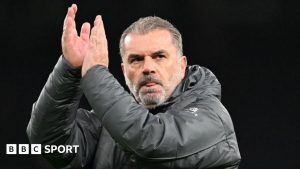






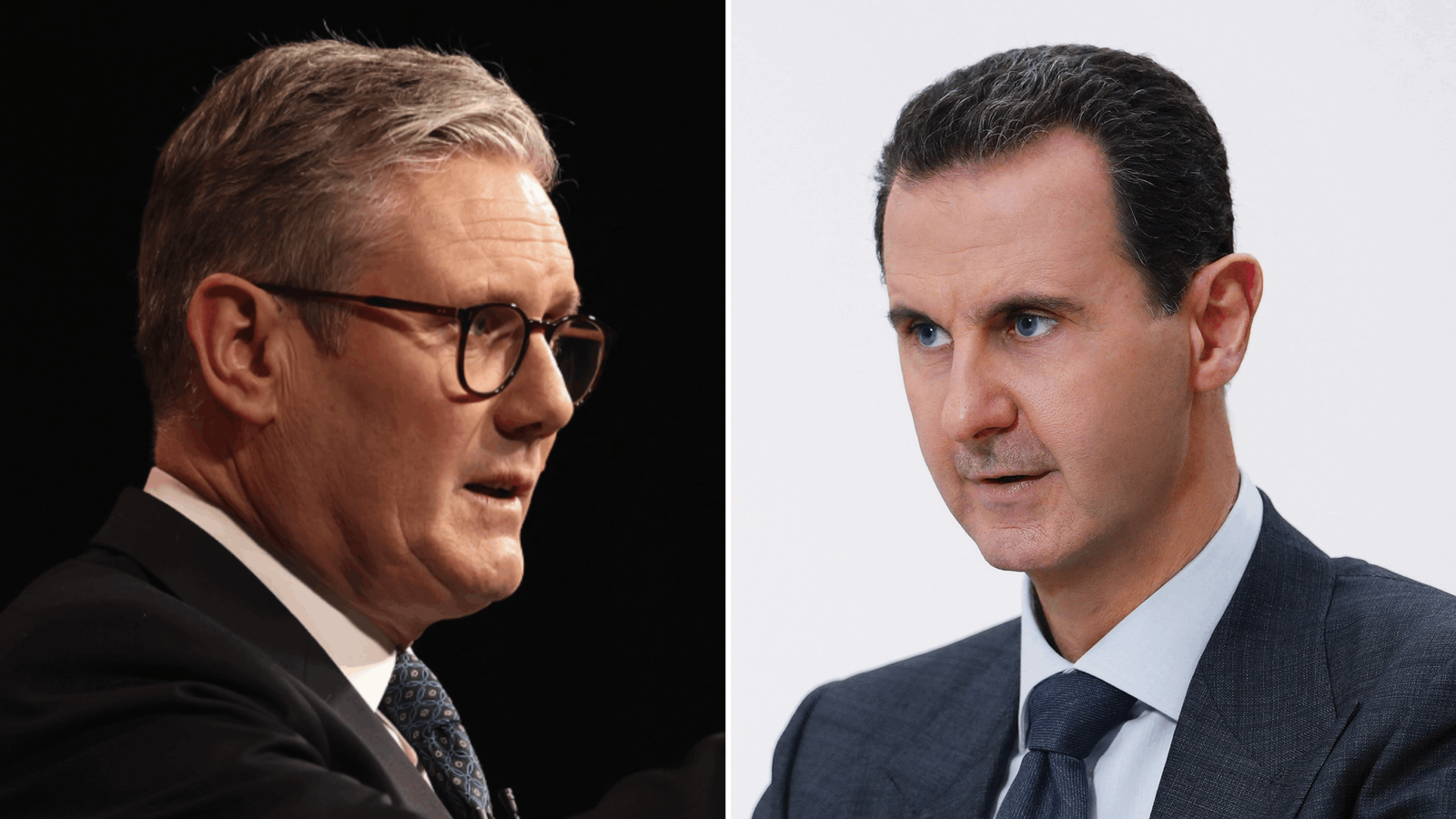


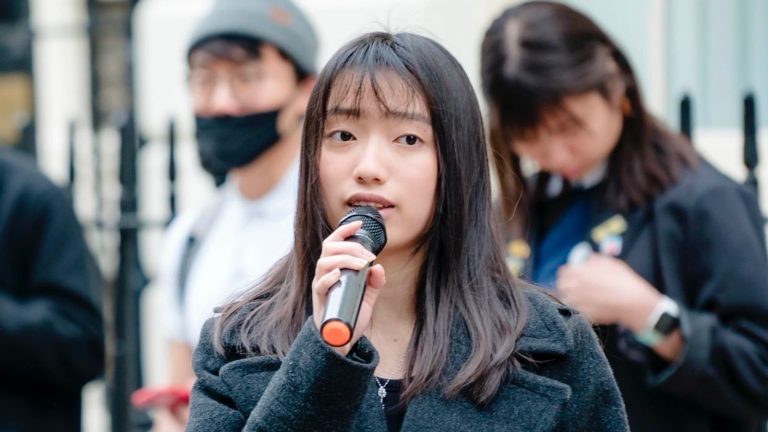

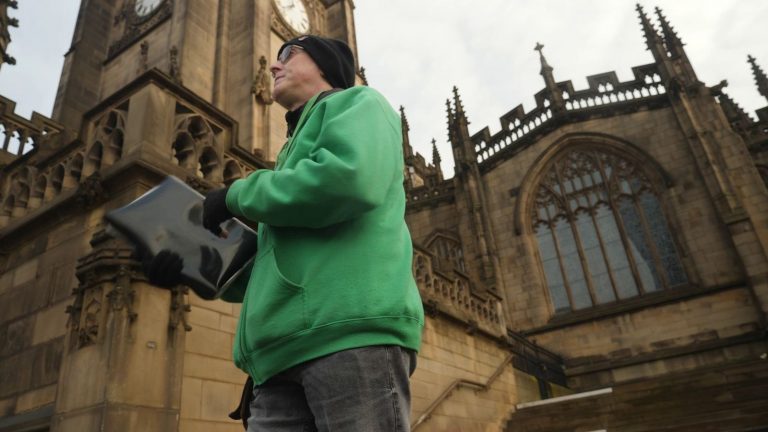





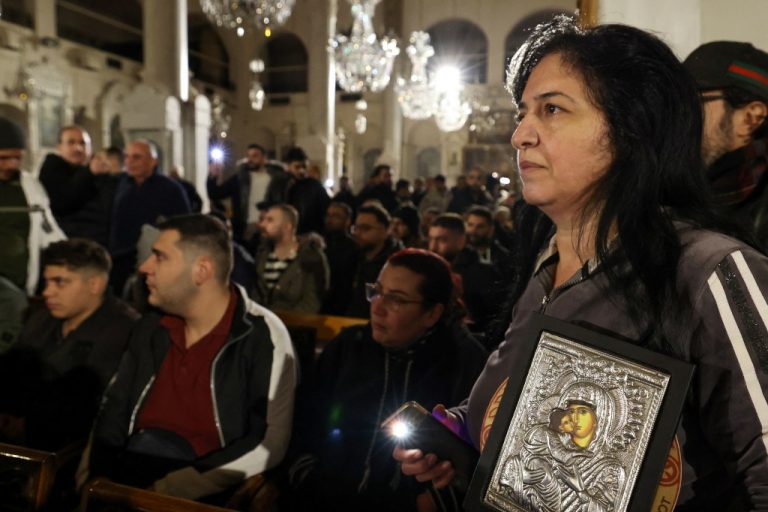
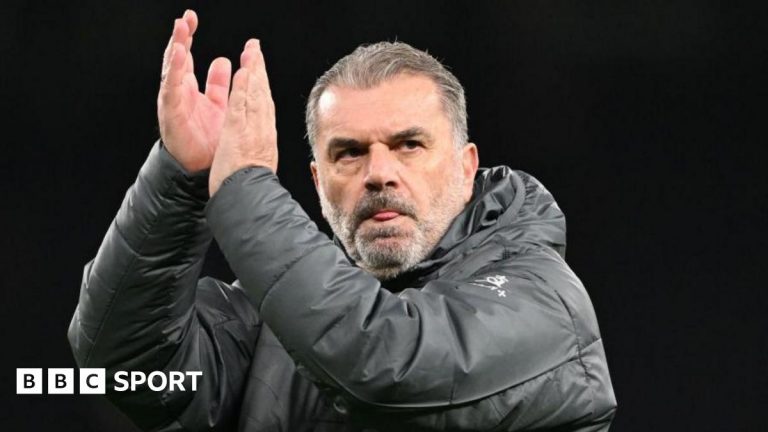

+ There are no comments
Add yours